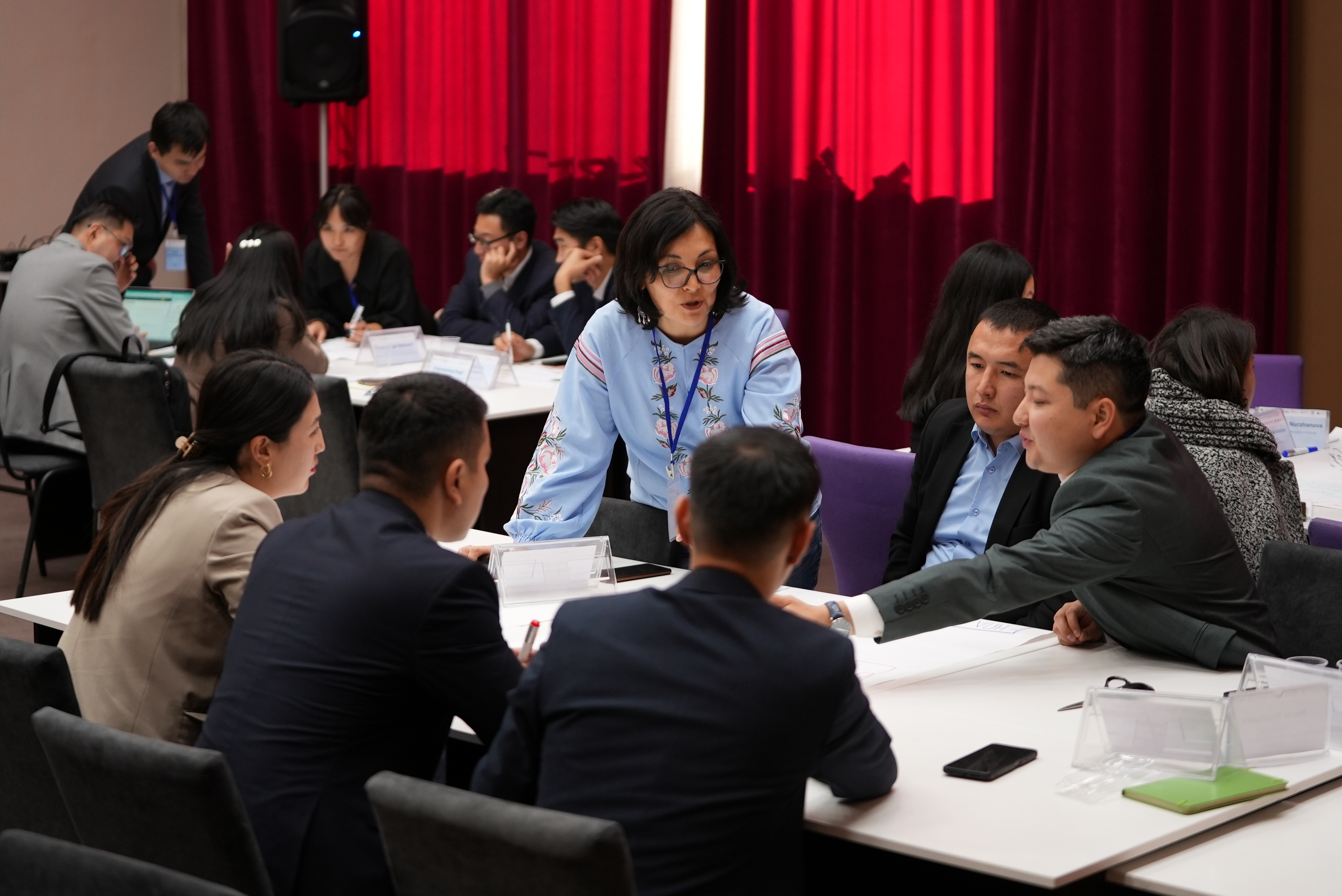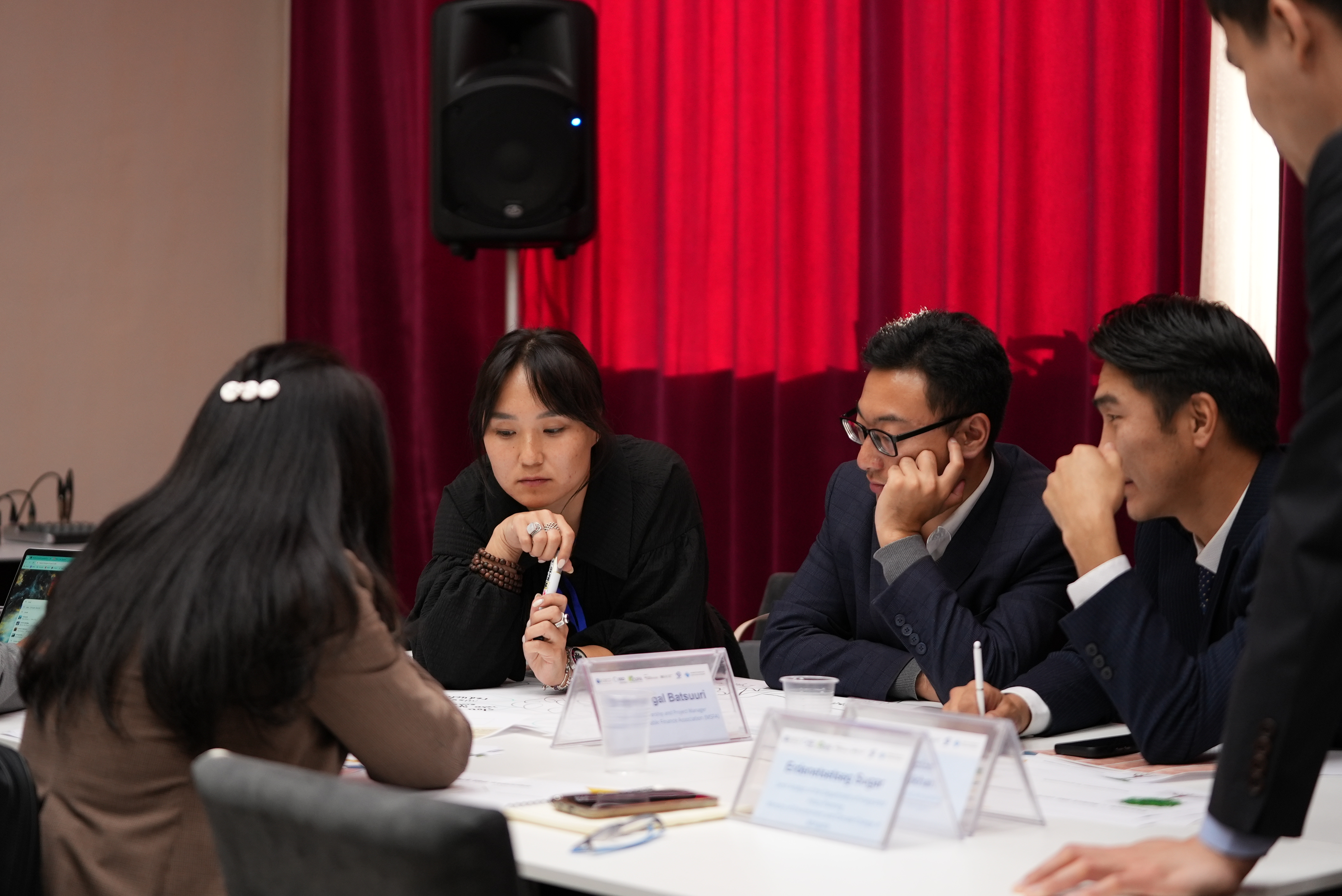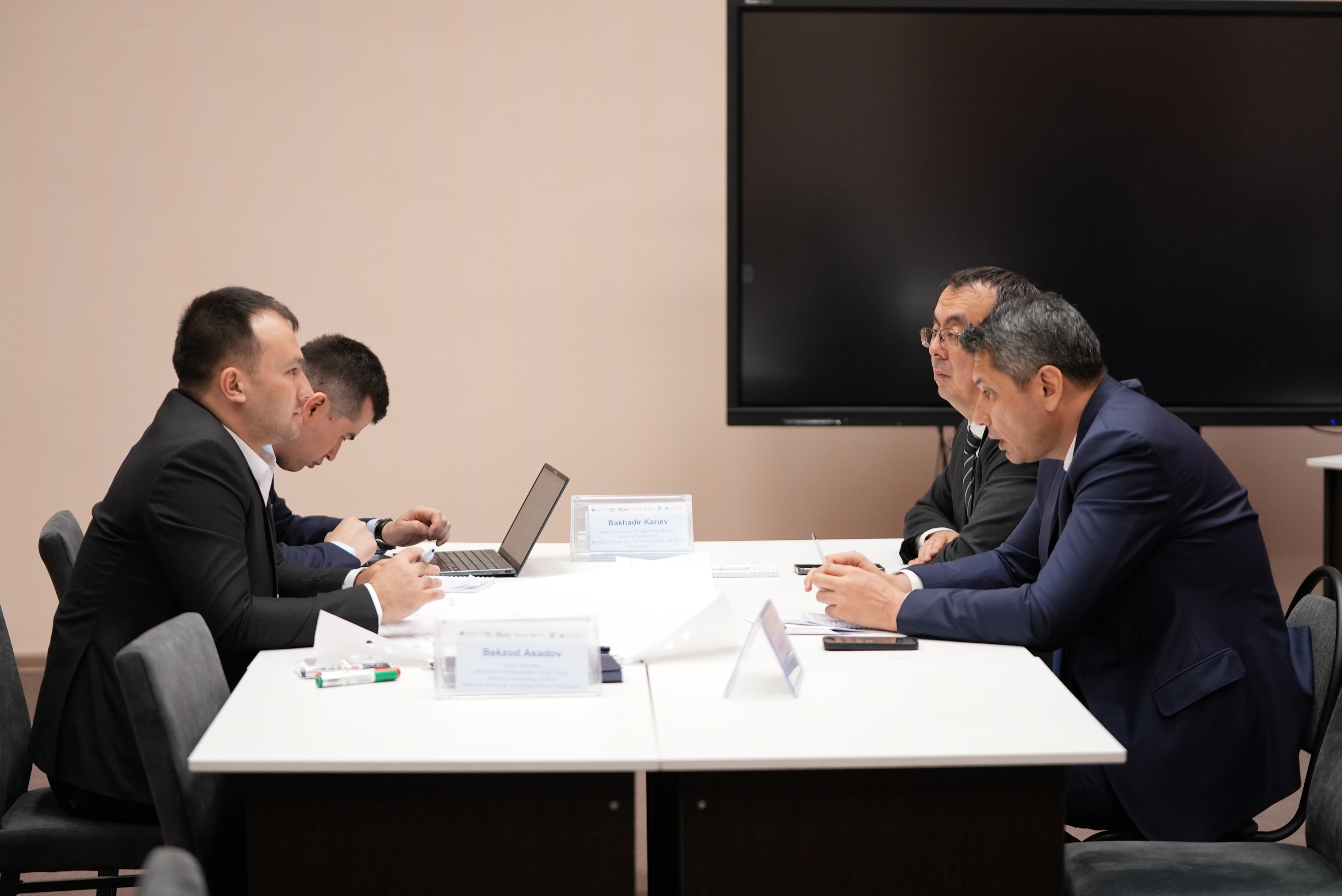
UCA and OECD Host 2024 SIPA Summer School in Astana, Kazakhstan
UCA’s Institute of Public Policy and Administration, Graduate School of Development and the Organisation for Economic Co-operation and Development (OECD) co-hosted the third Sustainable Infrastructure Programme in Asia (SIPA) Summer School in Astana, Kazakhstan. The event was organised in collaboration with the Academy of Public Management under the President of the Republic of Kazakhstan and focused on decarbonising energy and industry sectors, as well as green finance in Central Asia.
Supported by the Government of Germany, the SIPA initiative aims to assist Central and Southeast Asian nations in ensuring that infrastructure investments—particularly in energy, transport, and industry—align with low-emission development pathways and are compatible with the Paris Agreement and Sustainable Development Goals (SDGs). The 2024 Summer School provided a platform for regional policymakers, experts, and industry leaders to discuss strategies for sustainable infrastructure development in the face of climate change.
The Summer School convened policymakers from Kazakhstan, Kyrgyzstan, Mongolia, Tajikistan, Turkmenistan, and Uzbekistan who represented national development and planning authorities, sectorial ministries, and other relevant agencies. International experts on sustainable infrastructure were also present to share knowledge and promote best practices, particularly in relation to energy and industrial planning and green finance.
Mirlan Usenkanov, Deputy Director of the Climate Finance Center under the Cabinet of Ministers of the Kyrgyz Republic, emphasised the importance of the seminar on "Regional Networks for Dissemination of Information on Sustainable Infrastructure in Central Asia." Reflecting on his experience, he noted, "The exchange of experiences with colleagues from the region was especially important, as it helped to better understand common challenges and potential solutions in the context of climate change. This seminar has inspired me to continue working on advancing green projects in my country."
Similarly, Tengiz Asanov, Deputy Head of the Investment Climate Department of Uzbekistan's Ministry of Investment, Industry, and Trade, highlighted the value of connecting experts from across the region. “The Astana Summer School 2024 has once again provided an opportunity for experts from Central Asian countries and Mongolia to meet and discuss investments in energy and industry with a green or climate agenda. The exchange of experiences and the establishment of connections will help us develop policy measures that promote green investments and responsible business practices,” he said.
Delgerjargal Batsuuri, Business Membership and Project Manager at the Mongolian Sustainable Finance Association (MSFA), shared her appreciation for the event's focus on green finance. "The program's comprehensive approach and expertise from OECD, UCA, and regional specialists are truly exceptional. Peer discussions illuminated common hurdles and potential synergies in sustainable finance. I am honored to share Mongolia's progress in green finance and hope these exchanges foster dialogue on best practices and regional cooperation," she remarked.















